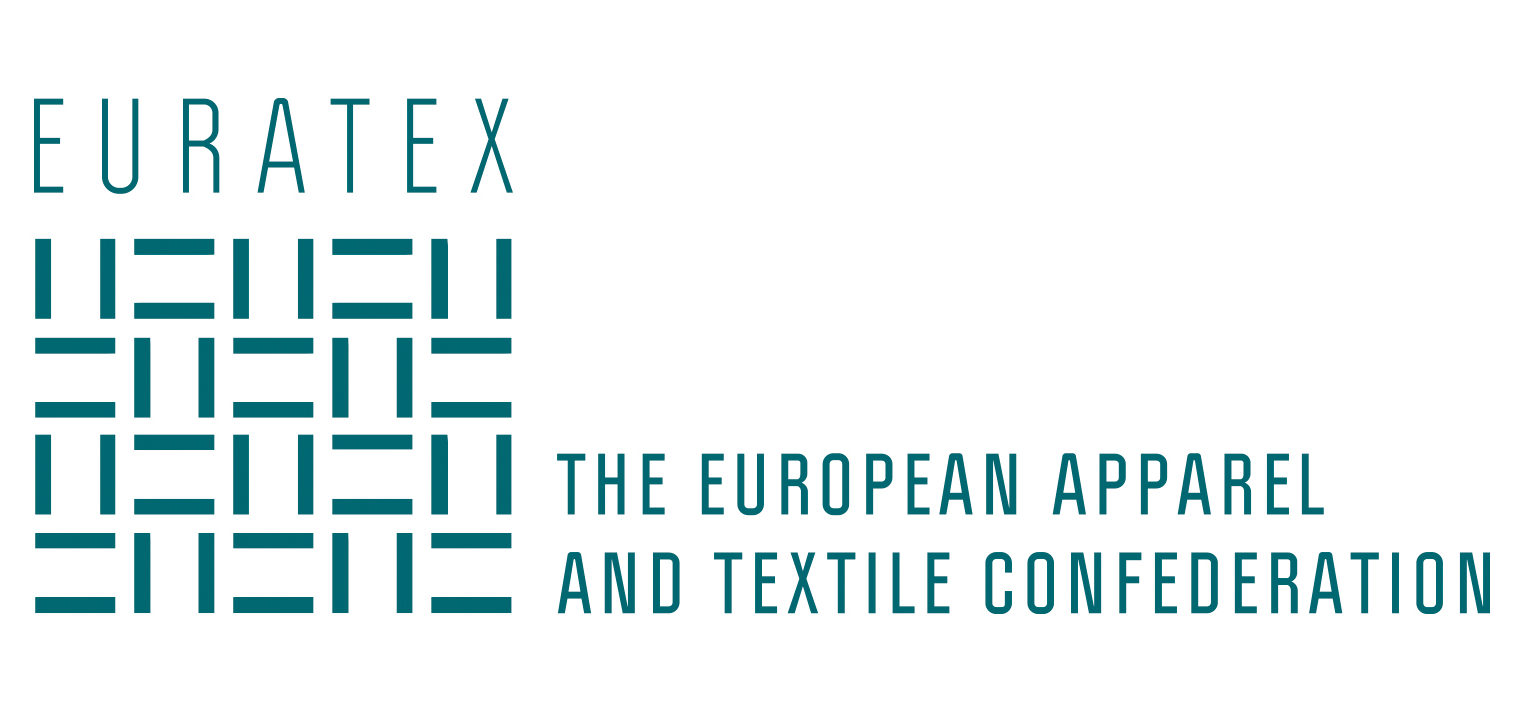The European Textile and Clothing industry is eager to participate in the EU-US dialogue on tariffs and regulatory cooperation on industrial goods.
EURATEX, as the main voice of the European Textile & Clothing (T&C) industry, welcomes the decision taken by Presidents Juncker and Trump to establish an EU/US dialogue on trade of industrial goods. The set-up of an Executive Working Group is an excellent opportunity for facilitating trade to the mutual benefit of European and American companies, in particular SMEs. EURATEX calls for this cooperation to achieve removal of tariffs and non-tariffs trade barriers.
In 2017, extra-EU exports of textile and clothing products reached €48billion divided into almost equal parts for textile and apparel items. The US is Europe’s first customer, with exports having reached €5.6 billion in 2017: €2.6 billion of textiles and €3.0 billion of clothing products, which together represent more than 11% of the total of EU T&C exports.
The European Textile and Clothing industry stands ready to participate in the talks and calls on the EU and US authorities to:
Remove tariffs: The European Textile and Clothing sector faces high tariffs while exporting to the US market from 11% to up to 32% for some products, namely sewing thread of man-made filaments, suits, woven fabrics of cotton, trousers and t-shirts. Zero customs duties while ensuring modern rules of origin will allow EU companies to boost exports and offer more choice to American consumers and professional buyers.
Cooperate on regulatory issues: Maintaining high level of standards while eliminating unnecessary burdens, removing additional requirements and facilitating customs procedures that impede business are top priorities. Mutual recognition of the EU and US standards will preserve high level of consumer protection on both sides of the Atlantic. Convergence on labelling (fibre names, care symbols and wool labelling), consumer safety on children products and flammability standards is key for the T&C sector.
Specifically, both the EU Regulation n° 1007/2011 and the US Textile and Wool Acts require fibre names to be identified by their generic names. Both in the EU and the US, fibre names listed in the ISO 2076 standard are recognized. Applications for new fibres’ names have to be applied for at the European Commission for EU producers and at the Federal Trade Commission for US producers. Once accepted, a generic name is given in the EU and a generic name is given in the US, which is not always the same. If different, the name is then recognized by the other Party and cleared for both markets which implies cumbersome and lengthy processes. Further cooperation to implement harmonized procedures as from the application’s process is therefore needed in this field.
As for prospective works, EURATEX believes the EU and US standardization bodies should cooperate on setting standards for Smart Textiles taking into account the industry views for facilitating development and trade of such products of the future.
Tackle global unfair practices: Joining efforts to tackle industrial subsidies in the world is a top priority for the textile and fashion industry. EURATEX would like to draw particular attention on the overcapacities in man-made fibres, mainly on polyester fibres, that distort market forces and harm the European and American industries. WTO rules on subsidies should be reinforced and stricter controls should be operated at global level. EURATEX is convinced that the EU and the US should lead the WTO reforms in this field.
